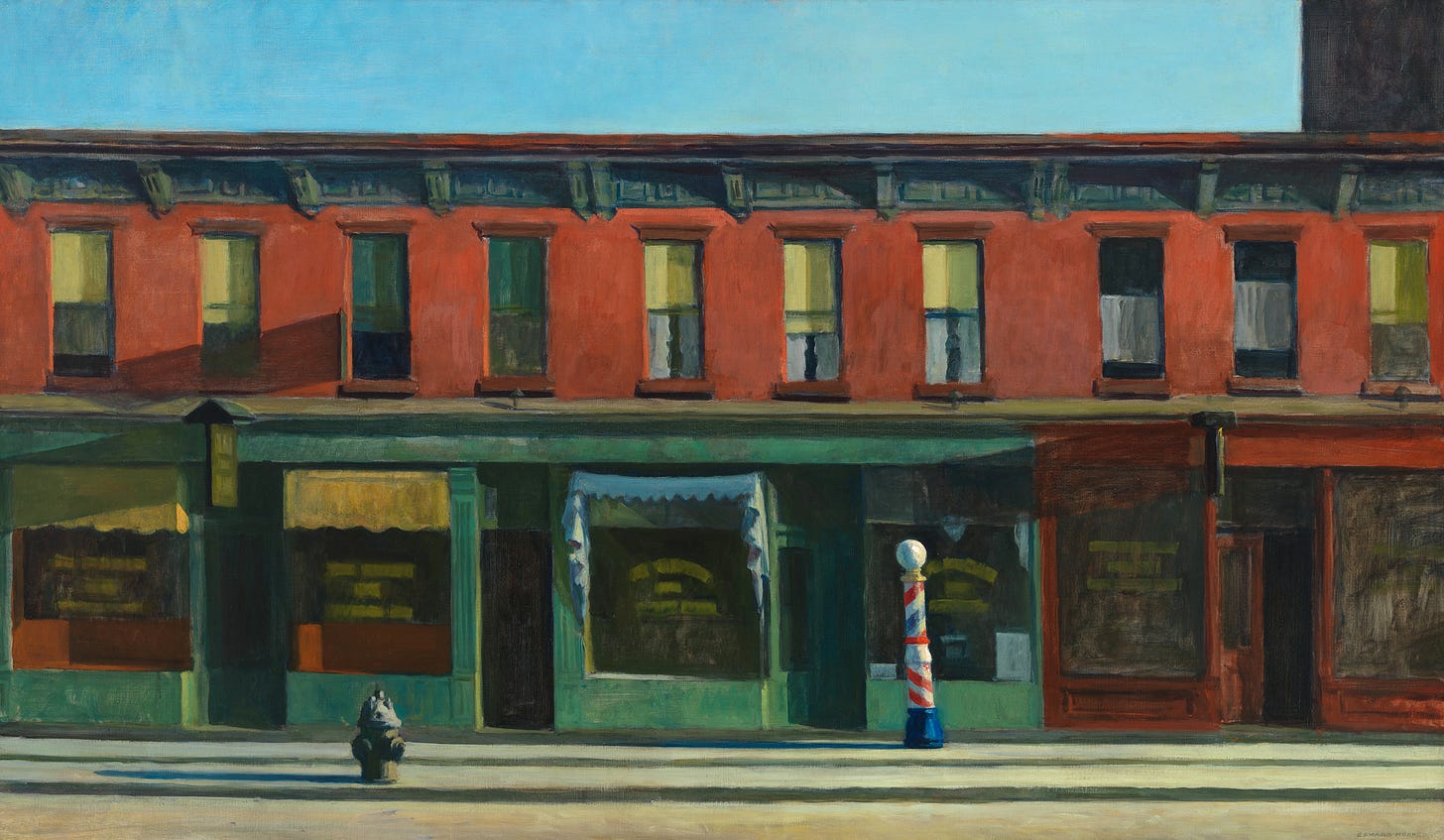Nostalgia and Mourning
When a memory just isn't what it used to be
I should say that this piece is inspired by Proust’s In Search of Lost Time. (Trend Much?)
Today, I’m interested in a specific type of Nostalgia. I used to play Minecraft all the time with a close friend. A few days ago, as we were driving in the car, he switched on an old piece of Minecraft music.
Hearing the music was a nice feeling, and it made me want to remember the days we would play as well as what we did together. As we drove, I (of course, while keeping my eyes on the road!) racked my brain for the memories.
Eventually, I stumbled upon them. I remembered doing all the things you do in Minecraft: mining, building houses, getting political with rare ores, and so on.
Surprisingly, this wasn’t an amazing experience. Don’t get me wrong, it wasn’t bad — rather, I simply wasn’t blown away by the memories or struck by an urge to go back to a simpler time. They were nice memories, but no longer carried much force—they didn’t bring present-day me back in touch with the motivations of an older me, a me who just wanted to mine.
This is an example of a wider phenomenon I am interested in. It has two parts.
A desire or want to remember something. In my case, after hearing the music, I wanted to remember the days we would play together. This want, itself, has force. By this I simply mean I really wanted to remember the days we would play together. Especially as we drove in the car, the idea of reliving those memories was so exciting!
The memory itself—in my case, the memories of digging, mining, and building. This also has a certain amount of force. Experiencing Nostalgic memories can move us — make us sad, happy, or (surprise) nostalgic.
The phenomenon I am interested in occurs when a person’s want/desire to remember has a higher force than their memory moves them. To fill in the example, in the case of Minecraft, my want to remember the days of house-building had more force for me than the memories themselves.
In, perhaps, a less scientific jargon, I am interested in the sort of case in which one wants deeply to remember an event they don’t care about all that much.
I hope the paradox is starting to become clear. A person wants, quite strongly, to remember something that doesn’t matter all that much to them. But, if it doesn’t matter all that much, how could they see it as worth remembering?
It’s quite clear how this paradox is related to nostalgia. We are nostalgic for old times, old friends — yet our urge to remember those times, to remember those people, is often more powerful and life-altering than the memories themselves. We go to great lengths to remember what we have lost, even when such memories leave us unmoved.
There is a reason they no longer exist in the present, after all. I do not play Minecraft today because it does not matter to me. If it is not enticing enough now to mean anything, why would I expect the memory of playing it to have any more force?
I think the second piece of the title can be of some help here. I have so far been puzzling over how it could be that we could want to, how we could be moved to, remember something and, at the same time, not think much of the memory. But, perhaps I have it backwards. Perhaps it is exactly because we have changed, because we no longer appreciate the memory as we once did, that we wish to remember it.
Our wish to remember, then, is not only a wish to remember. It is a wish to remember and to be a person we once were, a person to whom that memory mattered. It is like mourning in this way, a wish for a person who is no longer here.



it is exactly because we have changed, because we no longer appreciate the memory as we once did, that we wish to remember it.
I love this line ❤️